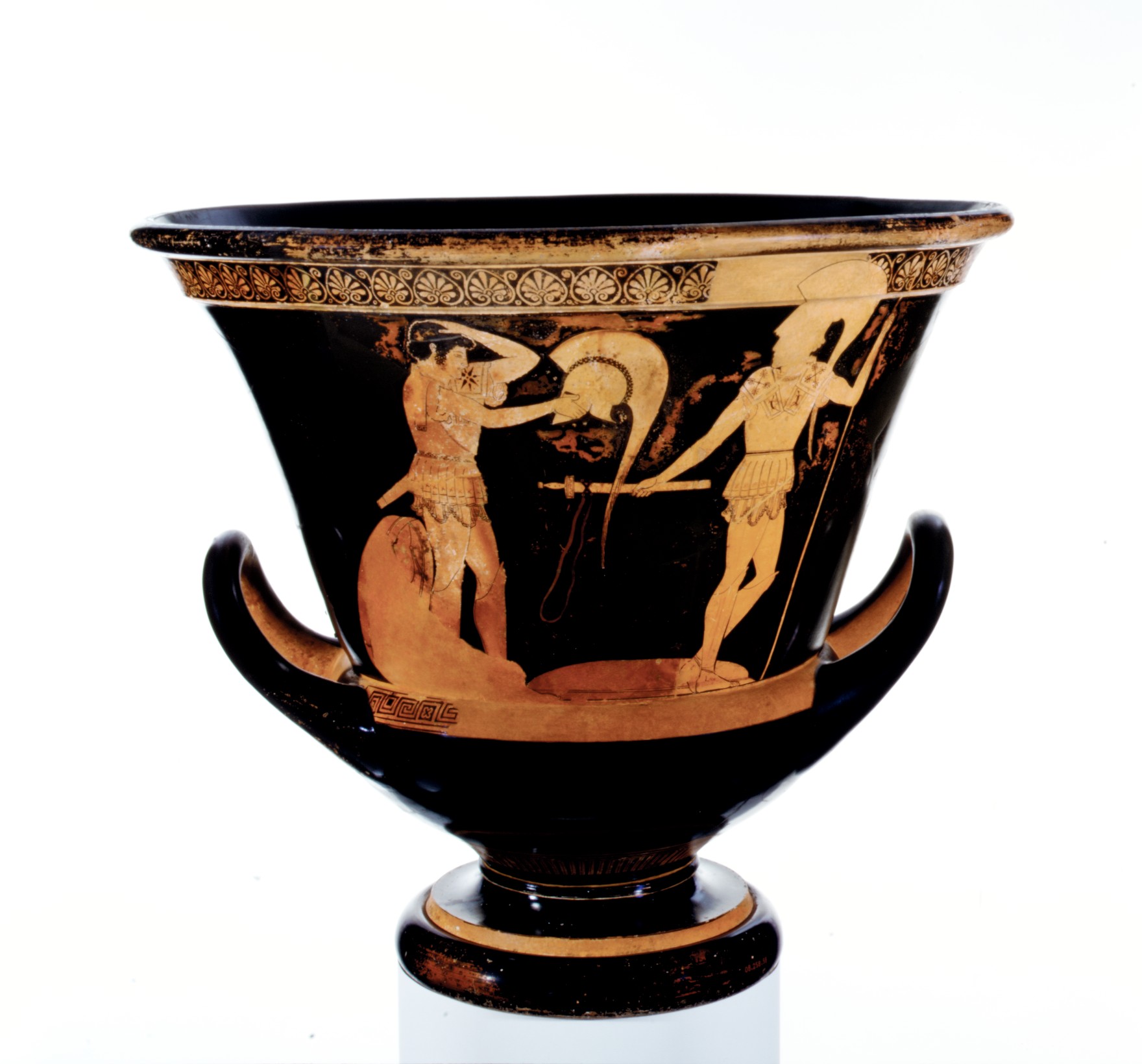On the classics and our culture: how the Greeks foretold our current struggles. From the article:
“Obviously, to attend this course it’s necessary to know ancient Greek.” Emanuele Severino pronounced these words during the opening lecture to Theoretical Philosophy…. We are in the second half of the 1980s, and at this point in an overflowing lecture hall…. A good half of the students gathered their things and left, leaving the others to spread out in the open spaces…..
But what the professor meant truly with “to know ancient Greek” is the experience of one body with another, the daily training, the familiarity with a culture that teaches you to think and to live. The Greeks, almost three thousand years ago, elaborated a theory, namely an understanding of the world, that is still ours today, and this theory has provided a type of shield against the pain of existence (the ultimate aim, to be sure, of all theories, of all civilizations). Were we aware of all this, we who warmed the seats back then?
From the birth of thought, with myth and poetry, to the birth of philosophy and history, the Greeks have shaped our world, the world of imagination, of justice, of democracy, of feeling. They brought to light for the first time the sense of being and of nothingness. Our culture, which thinks it can be apathetic toward Greek thought, has developed within the categories that have been expressed by this thought. And therefore our civilization as well.
The Greeks have been tireless teachers in raising questions, resolving doubts, providing answers. What is the meaning of human existence? A query that, also in our liquid age, has not yet gone out of fashion. “Like the leaves, so the generations of humanity,” Homer wrote well before Ungaretti, who turned to this image to denounce the horrors of war. What meaning could something have that is destined to disappear, to die? This is the central question: all Greek reflection, not only that of philosophers, is focused on the attempt to offer an answer that withstands the rush of time.
Published October 22, 2018






Leave A Comment